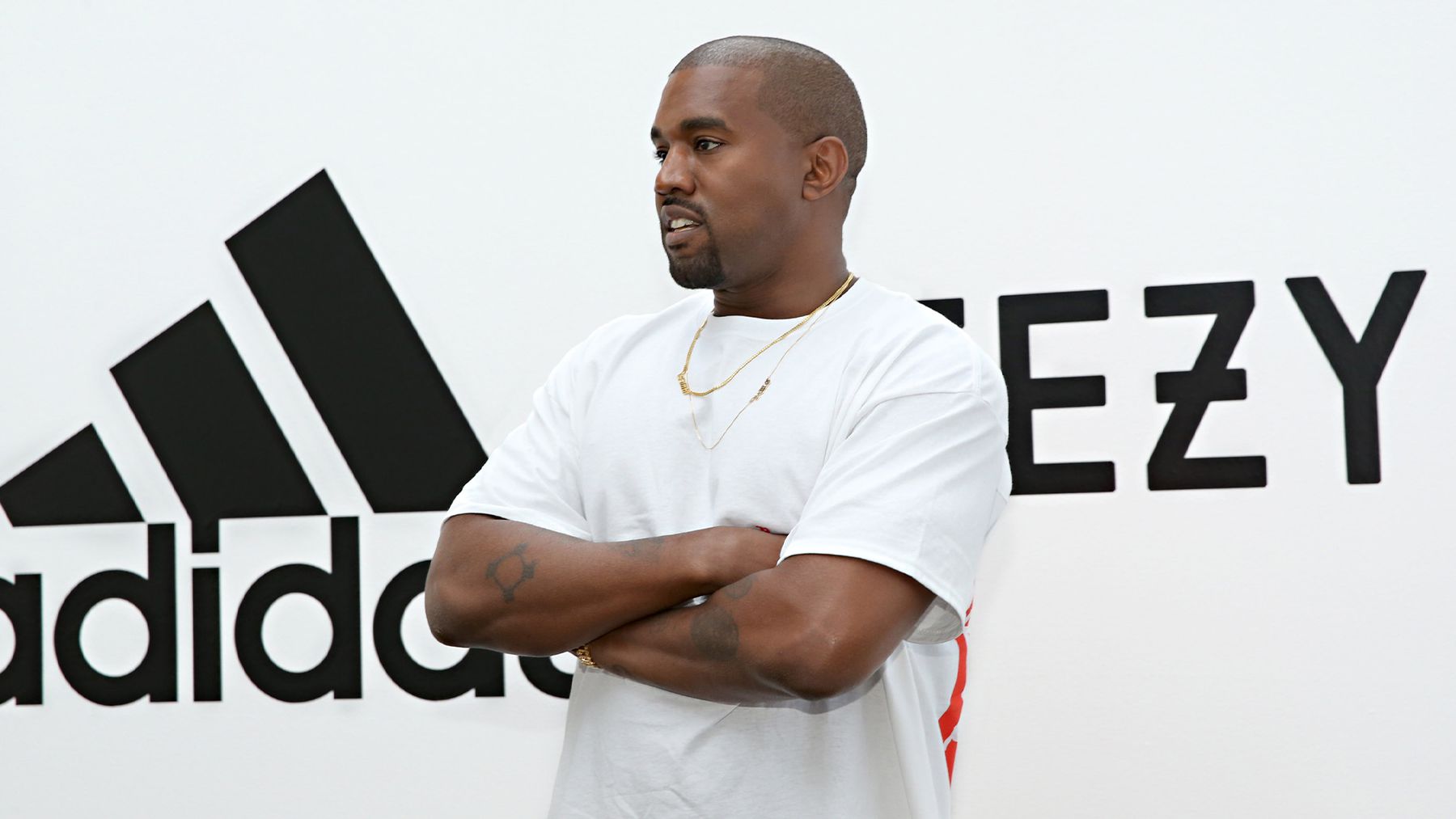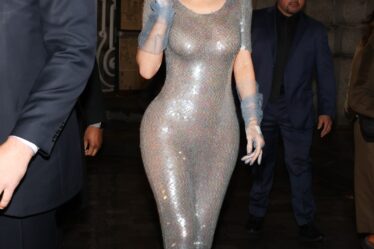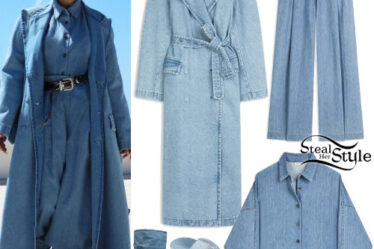
Adidas will sell its remaining inventory of Yeezy sneakers rather than destroy them, CEO Bjørn Gulden told shareholders at the company’s annual meeting Thursday, ending months of speculation about the pile of unsold stock, estimated to have a market value of €1.2 billion ($1.3 billion).
When and how the sneakers will be sold are still to be determined, but “burning the shoes is not an option,” Gulden said in the contentious meeting, in which numerous shareholders voiced their frustrations with the brand’s handling of its ill-fated partnership with Ye, the rapper formerly known as Kanye West. A portion of the proceeds will go to charity.
In October, Adidas was forced to cut ties with Ye amid mounting public and internal pressure after the rapper made a series of anti-semitic comments. The following month, the company received an anonymous letter from former employees that accused Ye of harassment and inappropriate behaviour while working at the brand. In April, a group of investors filed a class action lawsuit against the German sportswear giant, alleging the company knew about the risks of its partnership with Ye years before his inflammatory comments were made public. The suit named former CEO Kasper Rørsted and current chief financial officer Harm Ohlmeyer among the defendants.
In the meeting Thursday, Gulden and his executive team announced that an independent investigation into Ye’s alleged workplace misconduct failed to substantiate claims that he harassed female employees and showed pornographic material to members of staff — an outcome that evoked hushed gasps from investors on the livestreamed event.
“The allegations are not accurate, the [legal] proceeds are still in the early stages and we will defend ourselves against these accusations,” said Gulden, who declined to comment further on the matter.
At the meeting, some shareholders also criticised Adidas for its alleged failure to protect garment workers and pay fair wages at certain factories — claims that Gulden later refuted. Last week, a group of US lawmakers wrote to Adidas, among other retailers, to request information on whether the company is importing products derived from forced labour in China.
The Yeezy Debacle Rolls On
The decision to sell the Yeezy sneakers, rather than destroying the merchandise, marks Adidas’ clearest update yet on the dilemma, which had been weighing on the company since October, when Adidas terminated its partnership with Ye. The company’s stock hit a nearly eight-year low shortly after, though shares have since recovered and are up 30 percent this year. Shares ended up 2.1 percent on Thursday.
“The shoes will sell out,” said sporting goods analyst Matt Powell. “Speculators will lap this product up, assuming they can flip it for a profit since these will be the last Yeezy products on the market.”
But even with an apparent resolution regarding the Yeezy brand, Adidas did not quell all of its investors’ concerns, especially those surrounding Ye’s alleged misconduct at the company.
Union Investment — one of Adidas’ largest shareholders — pressed the brand’s executives on how long it was aware of Ye’s problematic behaviour and why it took no action prior to last October.
Adidas declined to go into detail about the shareholder lawsuit, but provided an update on its own separate internal investigation into Ye’s workplace behaviour, which it launched in November after receiving an anonymous letter from former employees outlining grievances relating to his alleged misconduct.
CFO Ohlmeyer said that “[Ye’s] erratic behaviour and his misconduct during the partnership meant we had quite a challenging working environment,” but added that the most severe claims — which included harassment of female staff and a claim that the rapper showed pornographic material to Adidas employees — were not substantiated by the internal inquest conducted by a US law firm.
The company maintained that it was unaware of reports of Ye’s problematic workplace behaviour prior to the anonymous letter in November, denying the claim in the lawsuit that Adidas had known but ignored his conduct.
The Bright Spots
Key shareholders ultimately expressed their confidence in Bjørn Gulden’s turnaround plan, which aims to reassert the brand’s credibility in performance sports products, and return to growth in China and North America. As part of the plan, Adidas will also refine its partnerships strategy to focus on fewer, more impactful collaborations.
“You have a lot of work ahead of you to help Adidas unleash its potential again,” said Janne Werning, head of ESG Capital Markets at Union Investment, one of Adidas’ biggest shareholders. “We are confident that you can turn the tide.”
For Adidas, there is light at the end of the tunnel. Analysts say the soaring demand for its Samba and Gazelle sneakers along with the upcoming Fear of God Athletics launch will offset some of the losses caused by the termination of the Yeezy business. Meanwhile, a turnaround in China, once the brand’s most profitable market, is slowly underway.
“We have not been delivering for many reasons,” Gulden said. “But we have all the ingredients for future success.”



